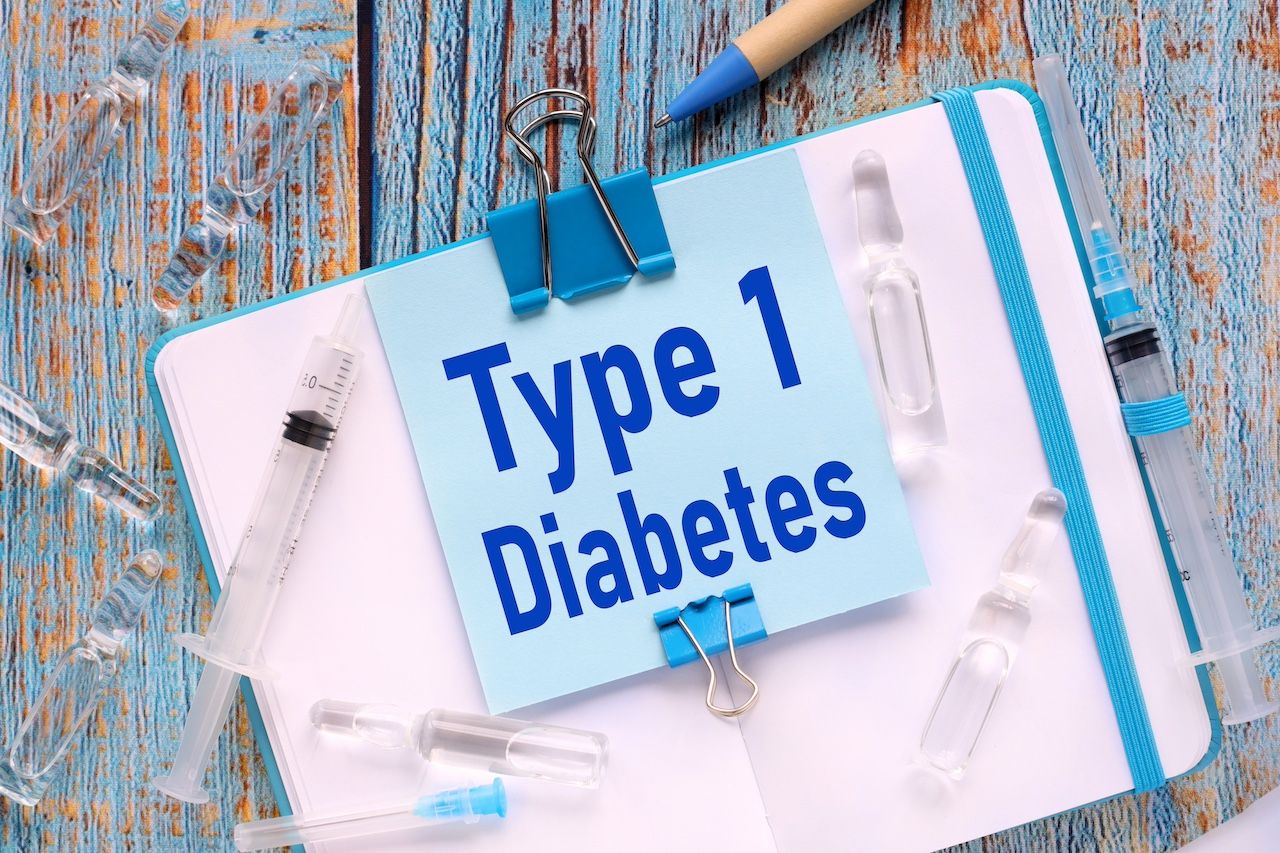Video
Dr Robert Gabbay on New ADA and EASD Type 1 Diabetes Guidance
Author(s):
Robert A. Gabbay, MD, PhD, the chief science and medical officer at the American Diabetes Association (ADA), discusses the most important takeaways from recent guidance on type 1 diabetes from the ADA and European Association for the Study of Diabetes (EASD).
Robert A. Gabbay, MD, PhD, the chief science and medical officer at the American Diabetes Association (ADA), discusses the most important takeaways from recent guidance on type 1 diabetes from the ADA and European Association for the Study of Diabetes (EASD).
Transcript
What are the most important takeaways from the recent guidance on type 1 diabetes from ADA and EASD?
The recent consensus report by the American Diabetes Association and our colleagues at EASD, the European organization, it’s the first comprehensive look at the management of type 1 diabetes, and it covers really soup to nuts. I mean, it covers everything. But just some highlights are newer information about how to make the diagnosis. I think we're all familiar, but the important role of [anti–glutamic acid decarboxylase] anti-gad antibodies, for example, was the first sort of screening antibody to use, and then the role of that versus measuring C-peptide.
It also helps to define what the targets should be for glycemic control for people with type 1 diabetes, and extends that to the ambulatory glucose profile, and how to use that information from a continuous glucose monitor to be able to help manage individuals with diabetes. It then takes time to really go into the importance of mental health, and how that often can be an issue that needs to be addressed for people with type 1 diabetes, and the important role of diabetes self-management, education and support, and what are the topics that need to be covered for people with diabetes.
And then, of course, medical treatment in terms of insulin—the different insulin regimens that one can use, some guidance or dosage, some pluses and minuses of those different regimens. And then even some of the adjunct therapy that has been proposed for people with type 1 diabetes, the data associated with that. So really, it's a comprehensive look at the management of type 1 diabetes that I think clinicians will find really valuable.




